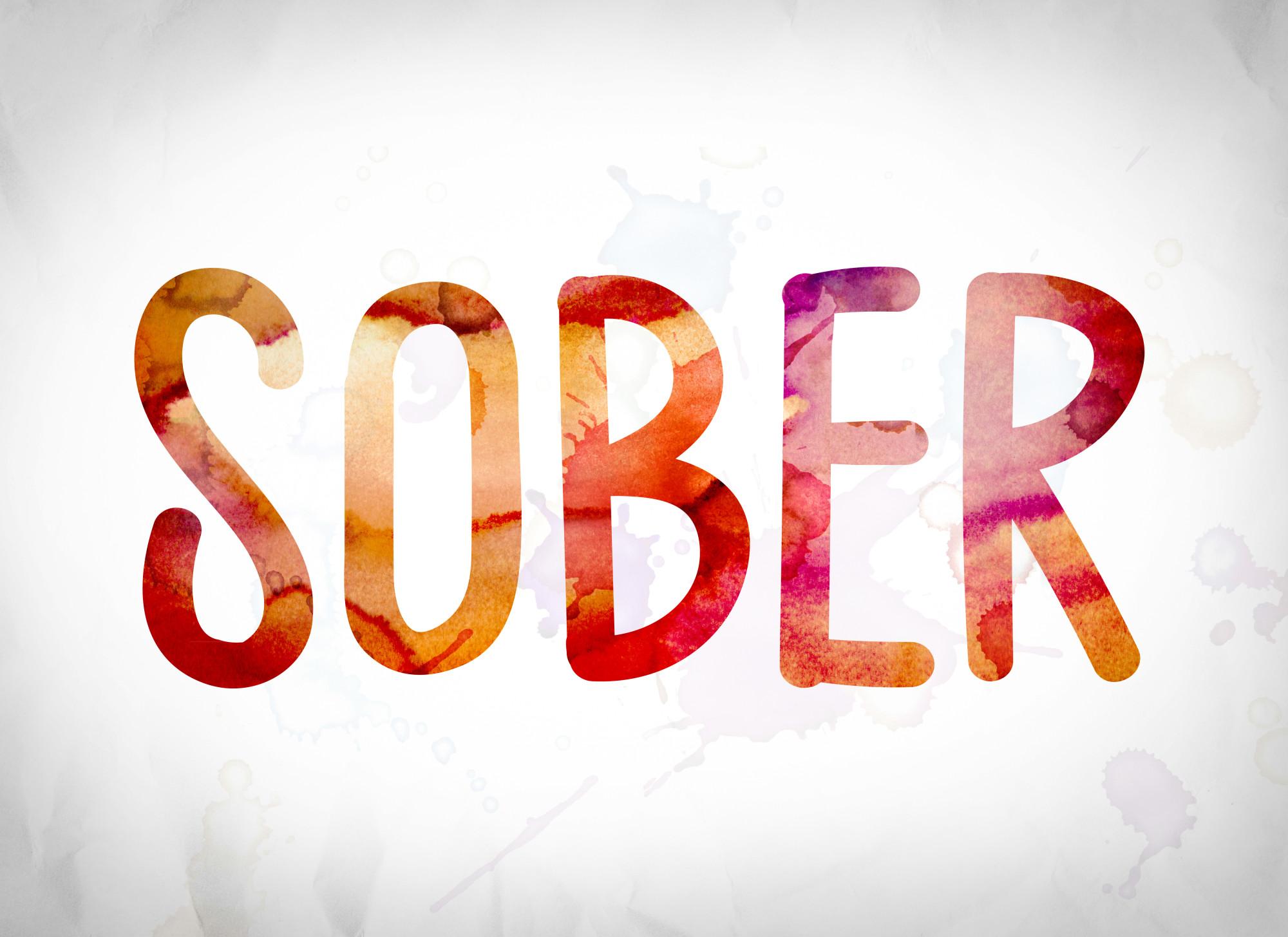
Do you feel nervous about entering the real world after rehab?
If you’re struggling with addiction, rest assured that you’re not alone. In fact, 1 in 7 Americans will face an addiction issue in their lifetime. Of these addicts, only a small percentage will confront their demons with a rehab program.
If you’re enrolled in a rehab facility, you’ve already taken one of the most difficult steps toward sobriety. So, what are the best ways to reenter the world after attending a rehab facility? Read on to find out.
We’re sharing seven tips dedicated to the art of staying sober. With these tips, you can prepare for a more positive transition back into the real world.
1. Develop a Schedule
First things first, you’re going to want to begin by outlining a strict schedule for your days.
In the midst of fighting off cravings and battling mental demons, you want to keep yourself as busy and entertained as possible. After all, any form of disarray or lack of organization could be a threat to your sobriety.
This is why creating a schedule for yourself is so vital. Not only will this structure better equip you to set your goals, but it will also keep your mind occupied.
2. Find Your Support System
One of the most crucial factors in remaining sober is to have a solid support system. This could be anyone from friends and family to your sponsor and fellow rehab associates.
It’s always helpful to surround yourself with others that are sober. With this, you can connect in a way that you simply cannot with others that continue to use drugs or alcohol.
However, this doesn’t mean that you cannot find support in others that aren’t sober. The key is to surround yourself with those that have your best interests in mind. These are people that are aware of and eternally support your goal to remain sober.
3. Choose Your Social Engagements Wisely
When returning home from rehab, it’s always tempting to avoid social engagements altogether. After all, it’s natural to worry that such an engagement might prompt cravings or envelop difficult memories.
The truth is, it might take time to feel confident in once again attending social engagements. Many recovering addicts find it helpful to minimize their social engagements shortly after rehab. As you feel more confident in your sobriety, you can slowly transition back to attending social engagements.
No matter the occasion, it’s important to allow yourself to leave immediately once you feel uncomfortable.
4. Stay Active
Of course, there’s no need to preach the general benefits of exercise. Anyone and everyone know that keeping active is incredibly beneficial to our mind, soul and physical body. Yet, 80 percent of Americans fail to get the recommended dosage of exercise each day.
When it comes to maintaining your sobriety, exercise is a critical element in your success. Of course, exercise helps to improve both your mental and physical health. But, exercise also helps you to connect with other likeminded people without the influence of drugs or alcohol.
This is a great way to establish new and healthy friendships that are not centered upon substances.
5. Communicate With Your Sponsor and Maintain Appointments
All praise the art of communication!
The importance of communicating with your sponsor after rehab cannot be undermined. Speaking with your sponsor on a routine basis is one of the best ways to keep yourself accountable. Remember, this person knows firsthand what it’s like to struggle with sobriety.
It’s also important to keep all of your sobriety appointments. This could be anything from an AA meeting to a sober-living group. This helps to keep you connected to likeminded people and give you a time and place to show up throughout the week.
6. Find a Coping Mechanism
When the going gets tough, how are you going to calm your mind?
After leaving rehab, it’s inevitable that you’re going to face a number of difficult situations. This could be anything from intense cravings and social engagements to uncomfortable conversations and encounters.
This is why having a strategy in place to help calm your mind is so crucial. Some find it helpful to meditate or to practice yoga. Others find it helpful to practice deep breathing exercises that have proven effective in reducing stress and anxiety.
7. Consider an After-Care Facility
If you’re really struggling, it might be helpful to consider an after-care facility.
After finishing a rehab program, an after-care facility provides a sober environment for recovering addicts to live. This is an environment in which former addicts can live in an environment that is a cross between rehab and the real world. In a way, an after-care facility is a stepping-stone from a rehab facility back into the real world.
This is a helpful second step for those that feel they’re not yet ready to engage with everyday life. It allows for more flexibility than a rehab program, but with a large degree of physical and emotional support.
Of course, sometimes a recovering addict needs ongoing support into their sobriety journey. If you’re really struggling post-rehab, it might be time for rehab again.
The Art of Staying Sober After Rehab
There’s no denying that staying sober after rehab is a lifelong commitment.
Upon returning to your regular life, you’re going to encounter various challenges and uncomfortable situations. To keep yourself on the right path, it’s essential to reenter the world with a concrete plan. With the right plan in place, you’re putting yourself in the best position possible to maintain your sobriety.
These seven tips for remaining sober after rehab are a great place to start. If you’re feeling lost, allow the above tips to inspire you. In striving to remain sober, you’re going to discover within yourself a strength you didn’t think was possible.
Did you find this article helpful? If so, be sure to check out our page for more advice on mental health and wellness.
